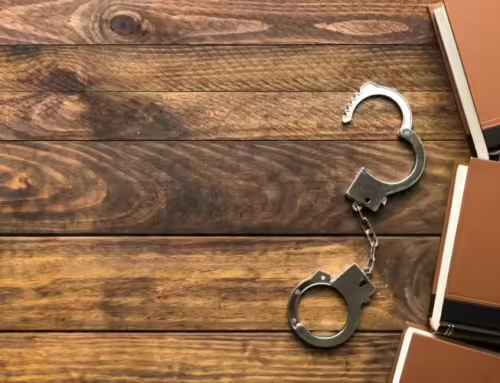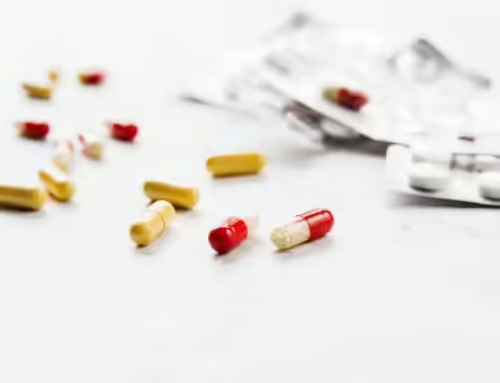Most people know that driving under the influence of alcohol is a crime under Washington law. It is also an offense, though, for a motorist to drive a vehicle while under the influence of drugs (e.g., marijuana or cocaine). Prosecutors treat drug DUI charges quite seriously. This means it is critical for a person charged with this offense to seek immediate assistance from an experienced drug crimes attorney.
When is a Person Guilty of a Drug DUI?
RCW 46.61.502 is the Washington statute that sets forth the state’s laws regarding driving under the influence (of both drugs and alcohol). According to this law, a driver is guilty of driving while under the influence of drugs if he/she:
- Has, within two hours after driving, a THC concentration of 5.00 or higher as shown by analysis of the person’s blood,
- Is under the influence of or affected by marijuana, or any drug, or
- Is under the combined influence of or affected by intoxicating liquor, marijuana, and any drug
A person is considered “under the influence of drugs” or “affected by the use of drugs,” if the person’s ability to drive a motor vehicle is lessened in any appreciable degree. Police will often make this determination after subjecting a driver to field sobriety tests. Note that a person can be deemed under the influence or affected by both legal and illegal drugs. This means a person can be found guilty under these laws for taking too much prescription medicine.
What are the Penalties for a Drug DUI?
The penalties for a drug DUI differ depending on the number of times a person has committed the offense.
A first-time offense is punishable by
- A fine between $350 and $5,000, and /or
- Custody in jail for a period of one day to 364 days.
A second offense is punishable by:
- A fine between $500 and $5,000, and/or
- Custody in jail for a period of 30 days to 364 days.
A third offense is punishable by:
- A fine between $1,000 and $5,000, and/or
- Custody in jail for a period of 90 days to 364 days.
With a third offense, an offender will also be enrolled in the state’s 24/7 sobriety program for a period of six months.
In addition to the above penalties, the court reports all drug DUI cases to the Washington Department of Licensing. Once the Department learns of a conviction, it can then suspend the offender’s driver’s license. In the case of a third-time offense, the Department can eve revoke a person’s license for three years.
Can a Person Challenge a Drug DUI Case with a Legal Defense?
Fortunately, a person accused of this crime can challenge the accusation with a legal defense. The most common defense is for a defendant to show that he/she was not under the influence of drugs at the time he/she was stopped. A defendant builds this defense by using the facts of the case, including the results of any field sobriety tests.
An accused can also challenge a charge by using standard defenses used in DUI cases involving alcohol. These include the defendant showing that:
- There was no “probable cause” for law enforcement to initiate a traffic stop or DUI investigation, and
- The defendant was not properly advised of his/her “right to remain silent” and other Miranda rights before being interrogated.
While a person can defend against a drug DUI case, an effective defense requires the help from a skilled Seattle drug attorney. The criminal defense lawyers at Black & Askerov have over 30 years of experience in helping clients fight drug DUI and drug related charges. These attorneys are tireless in their efforts and passionate in their defense. Do yourself a favor and contact them now for help.





